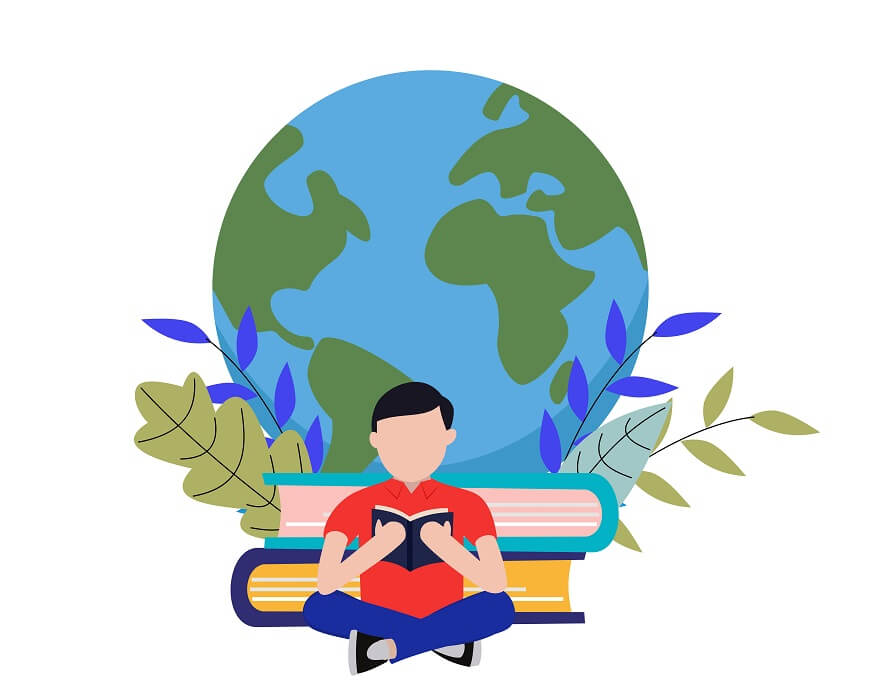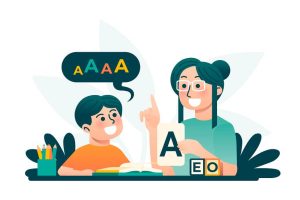What Are the Top 10 Ways Education Contributes to Peace?

Peace education means, an approach aimed at cultivating values, attitudes, and skills conducive to the promotion of peace on both individual and societal levels. It goes beyond traditional academic subjects, emphasizing conflict resolution, social justice, and intercultural understanding. The importance of promoting peace through education lies in its potential to create a world where conflicts are resolved through dialogue and understanding rather than violence.
Education for peace plays a pivotal role in fostering a peaceful society by nurturing empathy, tolerance, and critical thinking skills. Addressing the root causes of conflicts and promoting inclusivity makes education a powerful tool for preventing violence and building sustainable peace. However, peace education strives to equip individuals with the tools necessary to navigate a complex world, fostering a global community committed to resolving disputes peacefully and ensuring a harmonious coexistence.
What is the Role of Teachers in Promoting Peace?
Teachers play a crucial role in promoting peace by fostering a positive and inclusive learning environment that nurtures understanding and tolerance. They not only impart knowledge but also shape the attitudes and values of their students. Through education for peace, teachers can instill empathy, critical thinking, and conflict resolution skills, essential for peaceful coexistence. By incorporating diverse perspectives into their curriculum, teachers encourage students to appreciate cultural differences and embrace diversity.
Furthermore, teachers serve as role models, embodying the principles of peace and cooperation. They can create spaces for open dialogue, where students learn to communicate effectively and respectfully. The role of education in promoting peace is a powerful tool for dismantling stereotypes and prejudices, fostering a generation that values harmony and global citizenship. Ultimately, teachers act as catalysts for social change, sowing the seeds of peace that can transcend borders and create a more compassionate world.
In What Ways Can Peace Be Promoted Through Education?
Diverse cultures, varying perspectives, and historical conflicts makes education a powerful tool for fostering peace. For imparting knowledge and shaping values, education is significant to build a harmonious global society. Here are ten ways through which the role of education in promoting peace can be harnessed.
- Cognitive Development and Critical Thinking
- Intercultural Competence
- Conflict Resolution Skills
- Human Rights Education
- Empathy and Emotional Intelligence
- Global Citizenship Education
- Peaceful Communication
- Environmental Education and Sustainable Development
- Community Engagement and Service Learning
- Arts and Peace Education
Encouraging cognitive development and critical thinking skills lays the foundation for a peaceful society. Education should go beyond rote learning, fostering an environment where students question, analyze, and evaluate information critically. Nurturing independent thoughts allow individuals to become better equipped to understand differing viewpoints and engage in constructive dialogue rather than perpetuating ignorance and intolerance.
Promoting intercultural competence is crucial for breaking down stereotypes and fostering understanding among diverse communities. Education should expose students to a broad range of cultural experiences, helping them appreciate the richness of global diversity. To develop intercultural competence, individuals must learn to navigate differences respectfully, building bridges rather than walls.
Teaching conflict resolution skills is essential for mitigating disputes and preventing violence. Education can equip individuals with the tools to address conflicts constructively, emphasizing dialogue, negotiation, and compromise. These activities for education for peace empower students to become peacemakers in their communities, resolving disputes peacefully and contributing to a more stable society.
Educating individuals about their rights and the rights of others is fundamental to promoting a just and peaceful world. Human rights education instills values of equality, justice, and dignity. To understand and respect human rights principles, individuals should advocate for social justice, inclusivity, and the elimination of discrimination, fostering a foundation for peace.
Cultivating empathy and emotional intelligence through education is vital for creating compassionate and understanding individuals. Developing the ability to identify and understand emotions helps students navigate interpersonal relationships more effectively. Empathy promotes kindness, tolerance, and a sense of shared humanity, essential elements for building a peaceful coexistence.
Global citizenship education transcends national boundaries, instilling a sense of responsibility for the world as a whole. It encourages individuals to understand the interconnectedness of global issues and fosters a commitment to addressing challenges collectively. For nurturing global citizens, education should contribute to the development of a mindset that values cooperation and mutual understanding over divisiveness.
Communication lies at the heart of human interaction, and educating individuals in the art of peaceful communication is paramount. To teach active listening, effective expression, and nonviolent communication, education helps break down barriers and promotes understanding. Clear and respectful communication is a key factor in preventing misunderstandings and conflicts, fostering peaceful coexistence.
Linking peace with environmental education and sustainable development underscores the interconnectedness of social and ecological systems. Education that promotes environmental consciousness and sustainable practices emphasises the importance of preserving resources for future generations. By understanding the impact of human actions on the environment, individuals are more likely to adopt activities for education for peace, responsible behaviours, contributing to a more sustainable and peaceful world.
Empowering individuals to actively engage with their communities through service learning initiatives creates a sense of shared responsibility. Education should encourage students to apply their knowledge in real-world contexts, addressing community needs and promoting positive social change. Through active participation, individuals develop a sense of belonging and connection, essential elements for building peaceful and resilient communities.
Integrating arts into education serves as a powerful tool for promoting peace by fostering creativity, expression, and cultural understanding. Through visual arts, music, dance, and literature, students can explore diverse perspectives and narratives. Artistic expression encourages empathy, as individuals connect emotionally with different experiences and cultures. Moreover, collaborative art projects provide opportunities for teamwork and mutual appreciation. Through incorporating arts into education for peace, institutions can inspire a sense of unity, creativity, and appreciation for the beauty of diversity, contributing to a more harmonious and peaceful society.
Investing in education remains paramount for a harmonious future. Education equips individuals with the tools to understand, empathise, and resolve conflicts, fostering global peace. It empowers minds, transcending boundaries, and promoting tolerance. Through the ways for the role of education in promoting peace, societies cultivate informed citizens who contribute positively to their communities. As we strive for a peaceful world, educational institutions like Billabong High International School play a pivotal role. With a commitment and the role of teachers in promoting peace through holistic learning, they nurture not just academic excellence but also values that promote unity, diversity, and shared responsibility for building a brighter, more peaceful tomorrow.








